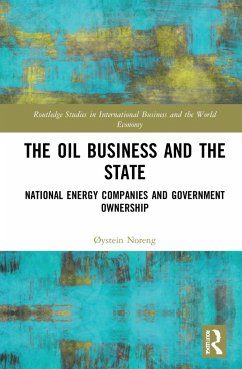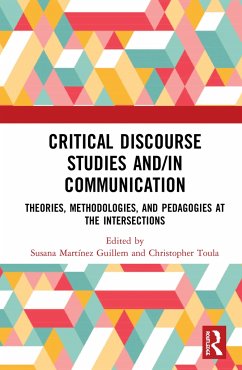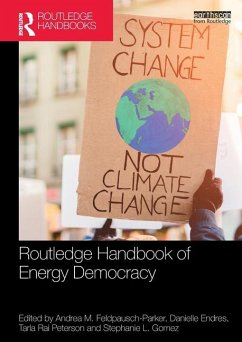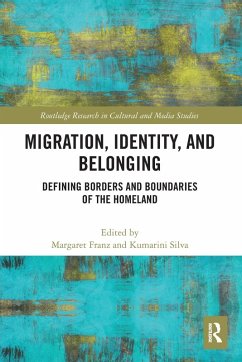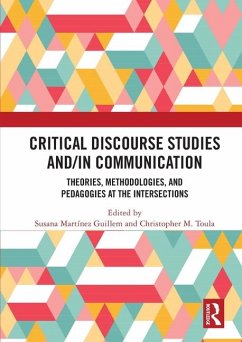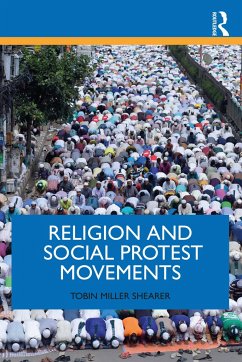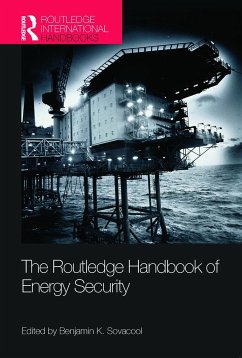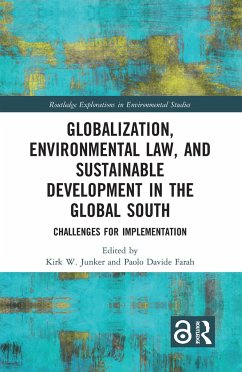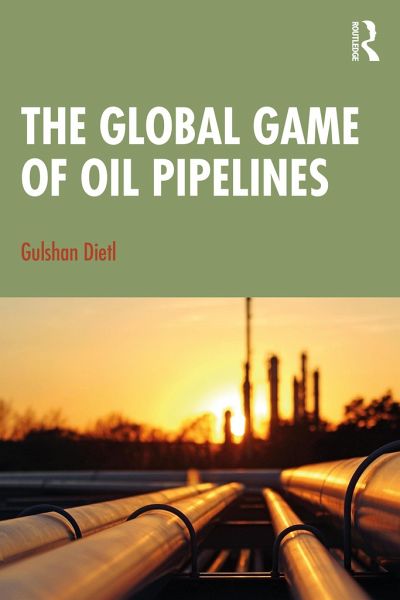
The Global Game of Oil Pipelines
Versandkostenfrei!
Versandfertig in 6-10 Tagen
46,99 €
inkl. MwSt.
Weitere Ausgaben:

PAYBACK Punkte
23 °P sammeln!
Oil has long been and will continue to be at the centre of the global economy. This book explores the oil trade, energy (geo)politics, and new trends in regionalising or globalising the oil industry in the new era of international relations and economic competition.Energy pipelines carrying oil and gas from the well-head to the market, generally run through two or more states; and often from one continent to the other. This book maps the oil flowing through international and intercontinental pipelines and unravels the political, commercial and technological considerations behind the mapping of...
Oil has long been and will continue to be at the centre of the global economy. This book explores the oil trade, energy (geo)politics, and new trends in regionalising or globalising the oil industry in the new era of international relations and economic competition.
Energy pipelines carrying oil and gas from the well-head to the market, generally run through two or more states; and often from one continent to the other. This book maps the oil flowing through international and intercontinental pipelines and unravels the political, commercial and technological considerations behind the mapping of oil routes and forging of trade ties between nation-states. Through case studies from the major oil-exporting regions like Saudi Arabia, Iraq, Iran, the USA, Canada and Russia, it analyses the changing trends in their policies around oil trade, bilateral relations, energy, and security. It also considers the environmental protests around the continued dependency on oil, the teapot refineries under the Islamic State, investments, oil lobbies and insurrections to understand the broad picture of shifting regional and geopolitical realities and the scramble for vital resources.
This comprehensive book will be of interest to students of the geopolitics of energy, international relations, security and strategic studies, energy studies as well as the media and with policymakers.
Energy pipelines carrying oil and gas from the well-head to the market, generally run through two or more states; and often from one continent to the other. This book maps the oil flowing through international and intercontinental pipelines and unravels the political, commercial and technological considerations behind the mapping of oil routes and forging of trade ties between nation-states. Through case studies from the major oil-exporting regions like Saudi Arabia, Iraq, Iran, the USA, Canada and Russia, it analyses the changing trends in their policies around oil trade, bilateral relations, energy, and security. It also considers the environmental protests around the continued dependency on oil, the teapot refineries under the Islamic State, investments, oil lobbies and insurrections to understand the broad picture of shifting regional and geopolitical realities and the scramble for vital resources.
This comprehensive book will be of interest to students of the geopolitics of energy, international relations, security and strategic studies, energy studies as well as the media and with policymakers.






